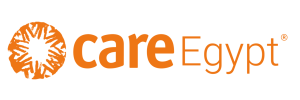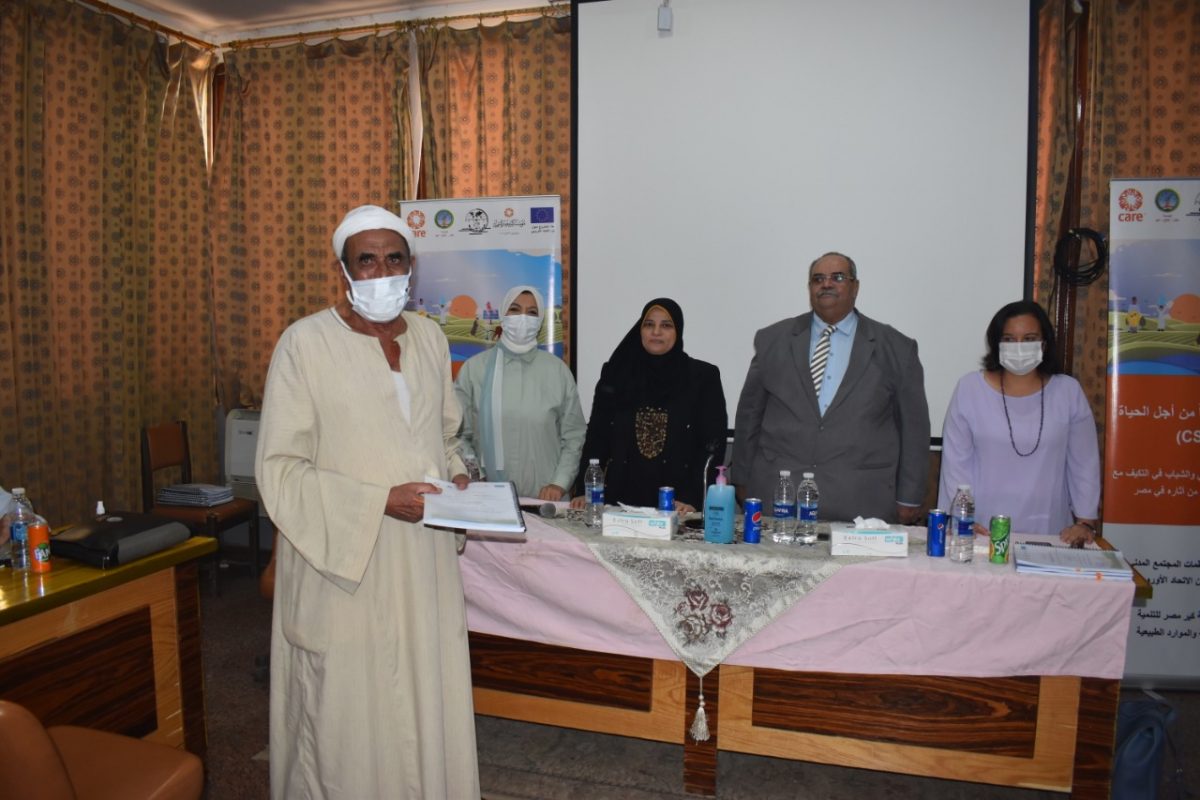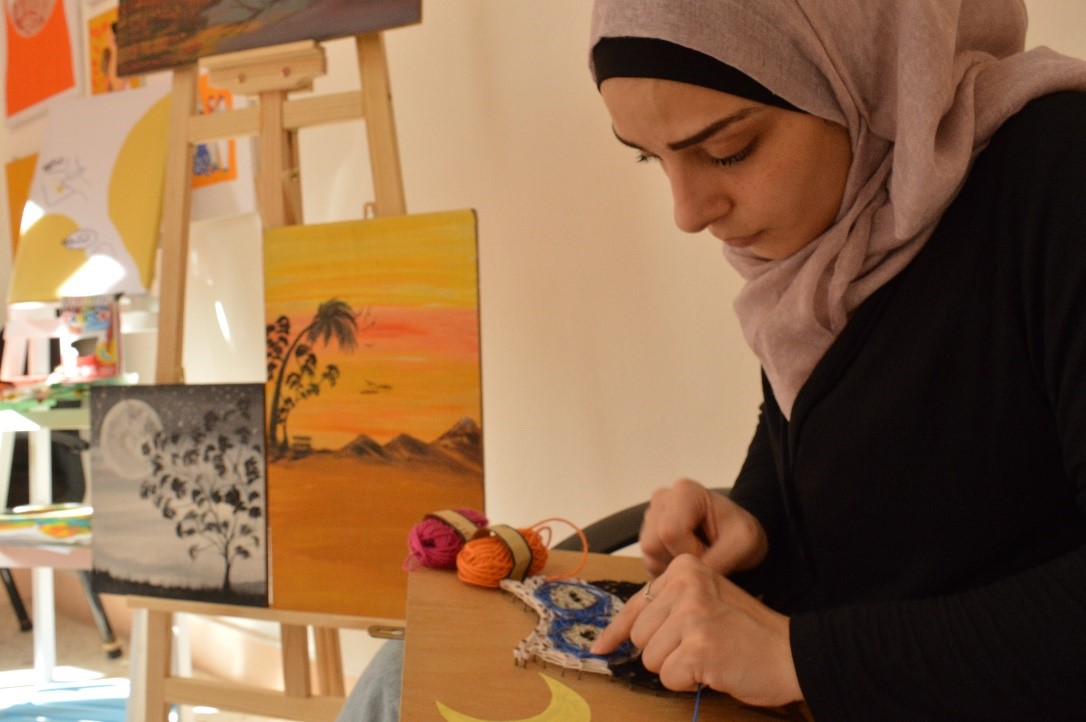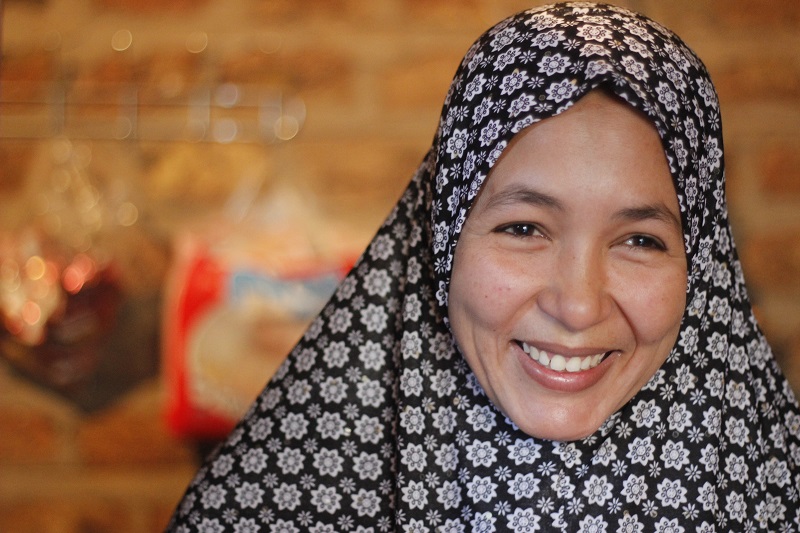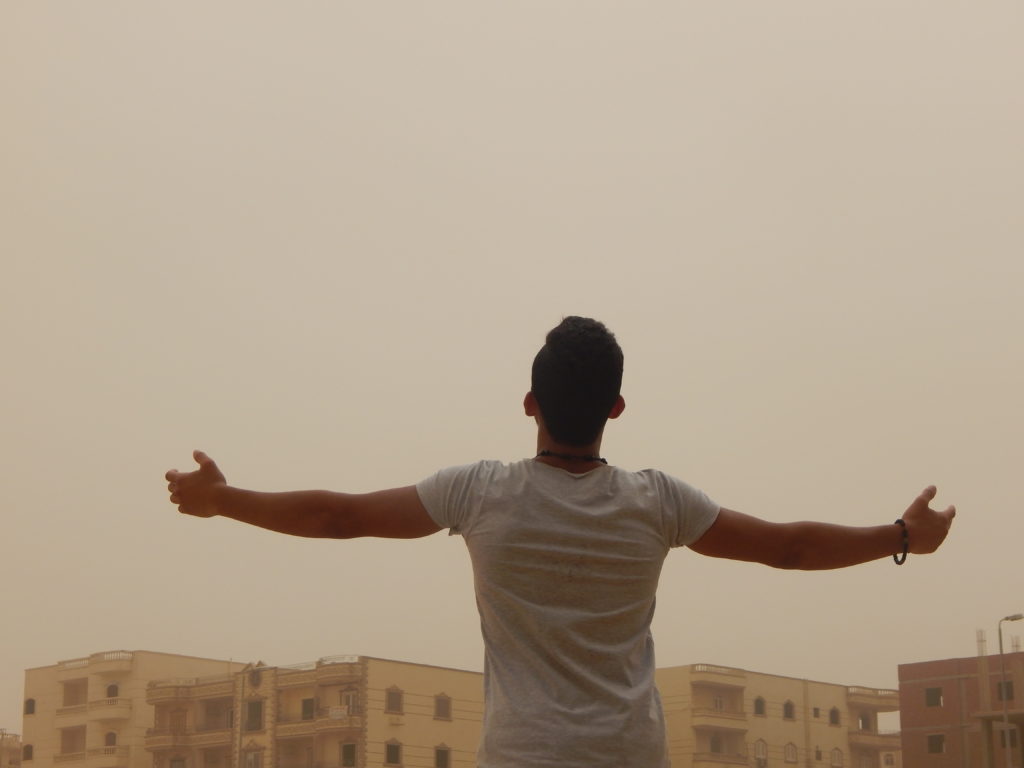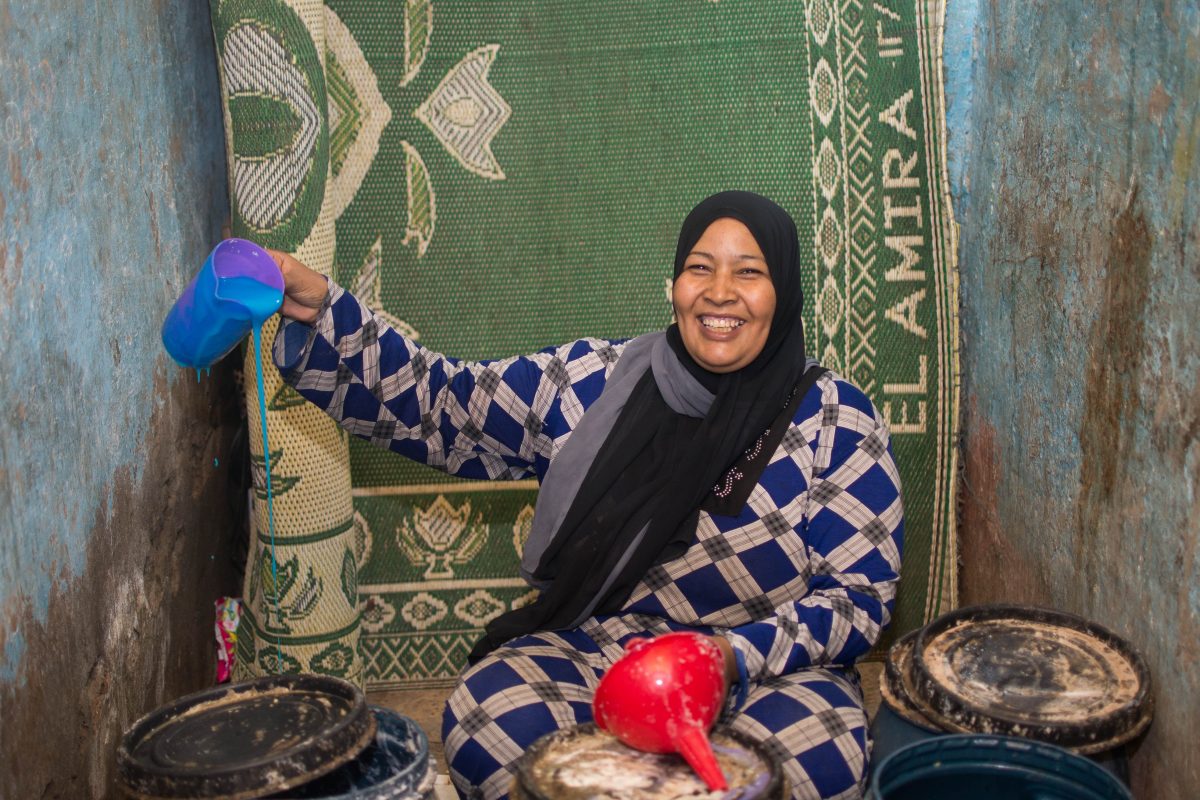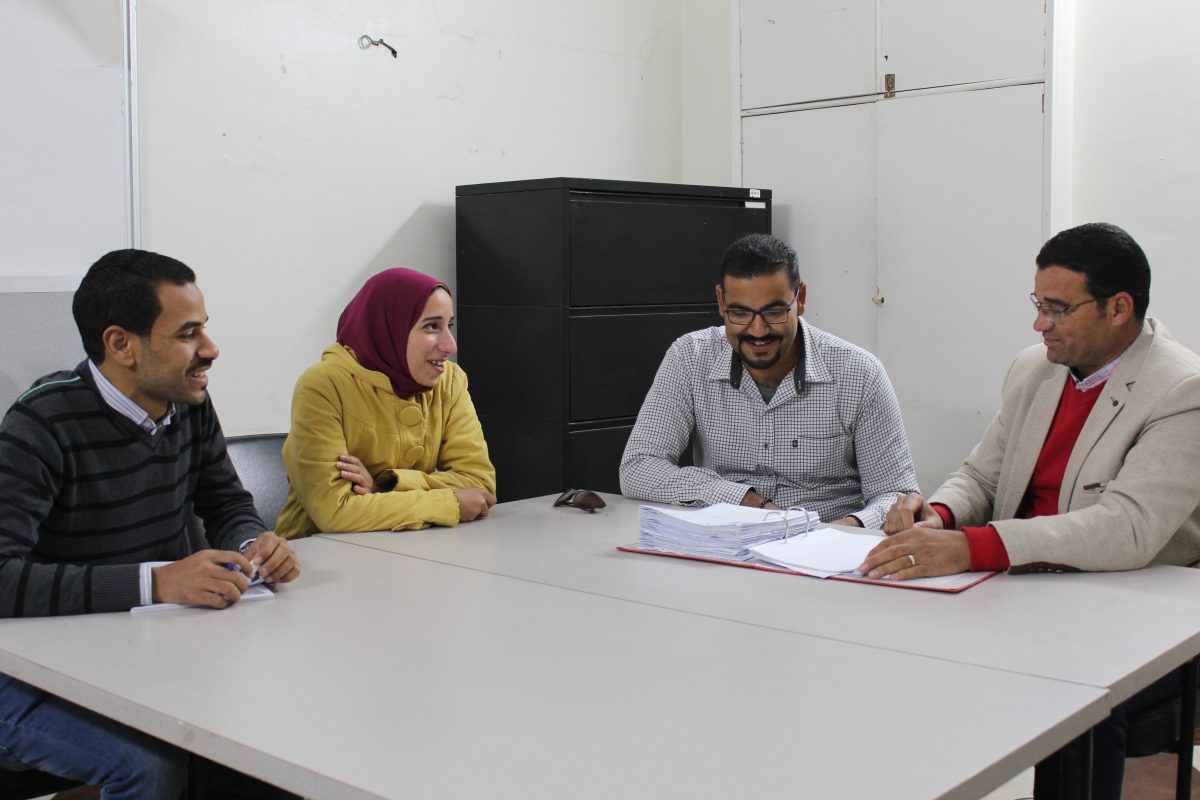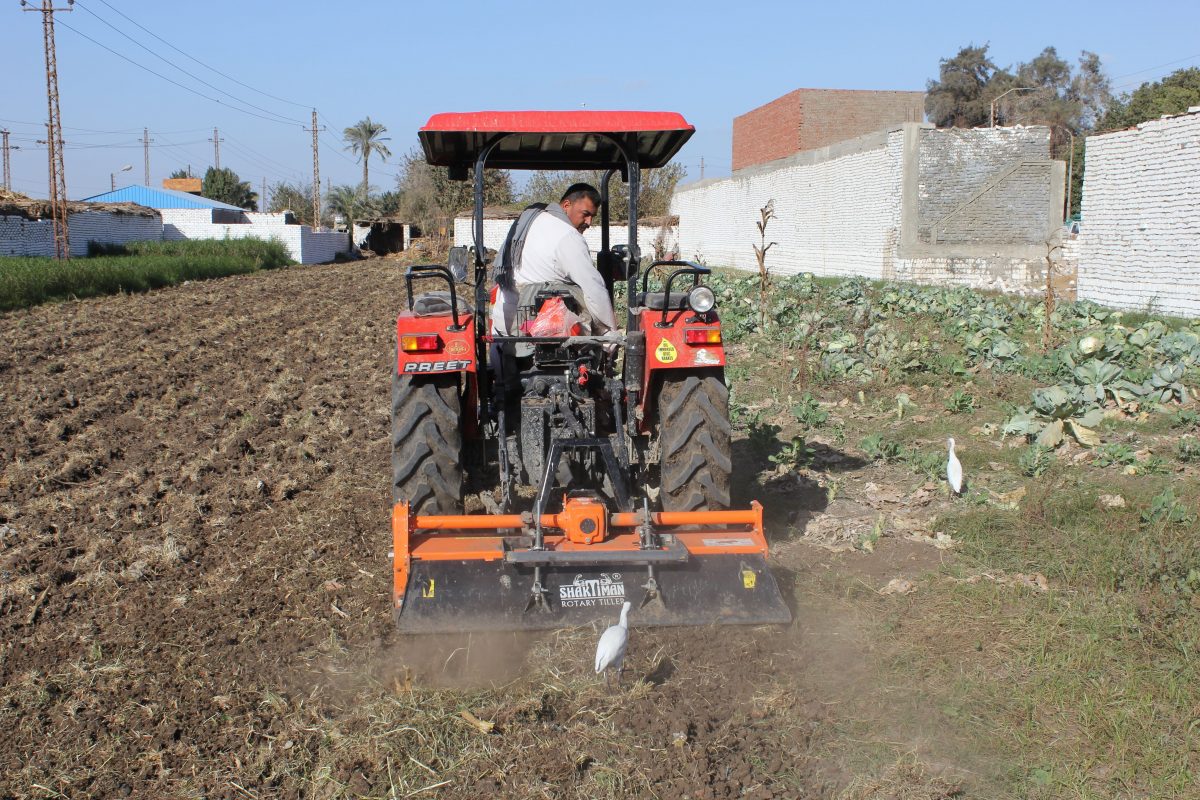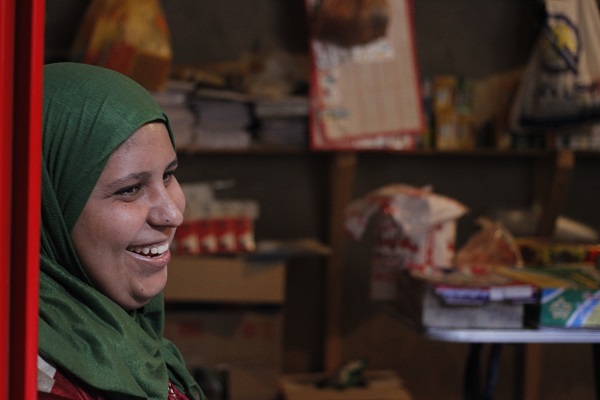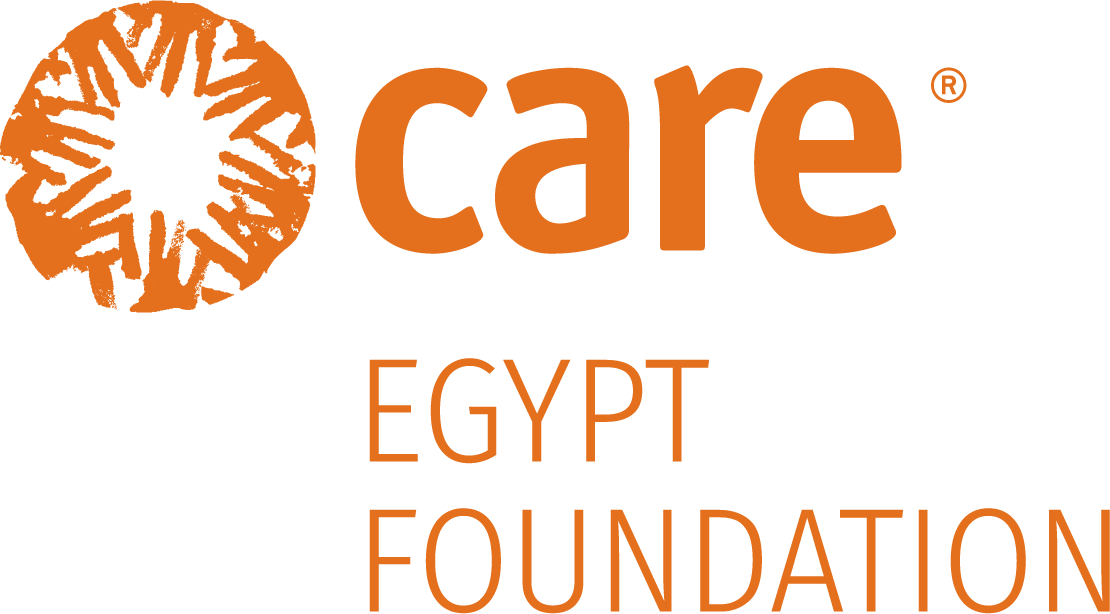Cairo- September 9, 2021
CSA4L project targets five thousand farmers, 25% of whom are women, to spread climate-smart agriculture systems Care Egypt Foundation held a ceremony to distribute agreements for funded projects with partner associations in the governorates of Beni Suef and Assiut on September 7 and 8, as part of the activities of the Climate-Smart Agriculture for Life project in partnership with the European Union. A number of executives, representatives of partner associations, representatives of the directorates of agriculture and social solidarity in the two governorates and representatives of the Department of International Cooperation in the governorate’s general office participated in the celebration, as well as the participation of heads of boards of directors of partner societies in each governorate. Care Egypt Foundation had launched its first project on climate change “Climate-Smart Agriculture for Life” in partnership with the European Union, which aims to support the participation of civil society and youth in adapting to climate change and mitigating its effects in Egypt, with a funding of 1 million euros and aims to: Work at the community level to implement community-led interventions that encourage climate-smart agricultural practices by engaging civil society organizations, agricultural cooperatives, and youth with a focus on women’s participation in these interventions. The project adopted a participatory planning strategy, where the current situation of the candidate communities was studied and the target community was involved in identifying needs and preparing financing proposals based on the community needs that were identified in a participatory manner. Climate and participatory planning methodology and how to write proposals according to the scenario planning methodology, passing through a number of steps and stages before the final selection of projects to be funded through the grant program. Through the grant program of the “Climate-Smart Agriculture for Life” project, 11 civil society organizations in Beni Suef and Assiut will implement 11 community development initiatives aimed at raising farmers’ and society’s awareness of climate change concepts and building their capacity to address the crises resulting from this phenomenon. And the shift from traditional practices in agriculture or agricultural production processes to climate-smart farming practices, which would have a direct positive impact on the productivity of small farmers and women farmers and improve their living conditions. Among the applications of modern agricultural practices, the use of solar energy in irrigation machines and rationalization of irrigation through lining watering cans, establishing early warning systems, working to improve soil properties, safe disposal of agricultural and animal residues and reusing them in the form of feed and organic fertilizers, making indicative models, distributing production requirements and planting varieties Of the seeds that withstand difficult climatic conditions and enhance the added value through the recycling of agricultural products. The project targets approximately 5,000 farmers, at least 25% of whom are women. Community initiatives will be implemented in the Beni Suef governorate in a number of communities in the centers of Al-Fashn, Beba, Beni Suef, and Ihnasiya, while the implementation will be carried out in the centers of Sahel Saleem, Manfalut, Al-Duwer, Abnoub, Al-Qusiya and Al-Badari in Assiut. The project adopts mechanisms of control and social accountability, as it works in each governorate through the Association of Specific Union for the Protection and Improvement of the Environment in Beni Suef and the Egyptian Agricultural Association in Assiut to involve young people in monitoring projects and applying tools and mechanisms of control and social accountability within the project.Related Links Flyer, Video, Media Coverage
